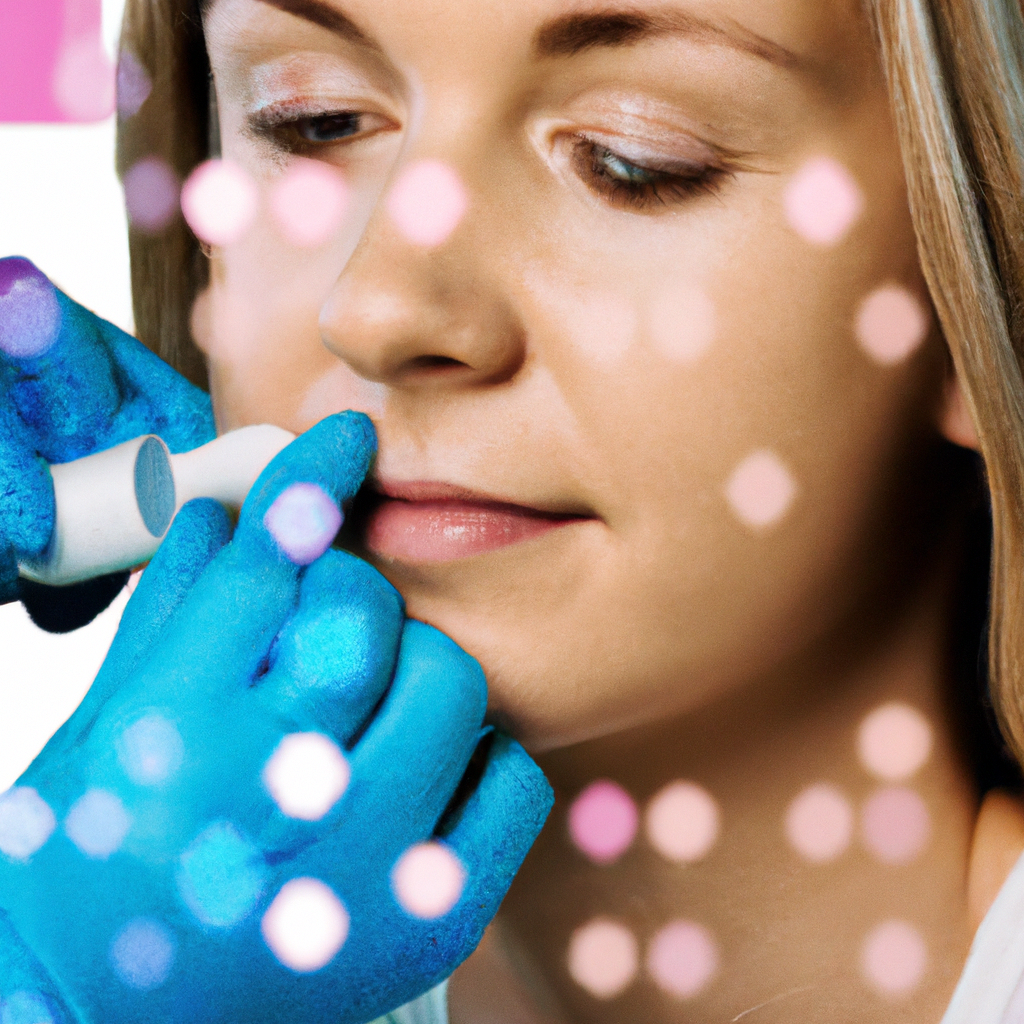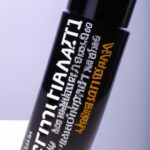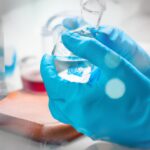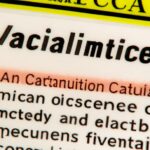Discovering the Benefits of Cosmetics Dermatology Testing
Creating and producing luxury cosmetics products is an endeavor that should be taken with the utmost seriousness and experienced care. Consumers are increasingly demanding transparency from their skincare and make-up suppliers, and this extends to the safety and efficacy of the products they use. When it comes to producing a top-notch cosmetic, we can no longer trust that our traditional methods will produce sound results. That’s why it’s important to invest in comprehensive cosmetics dermatology testing to make sure your products are safe, efficacious, free of contaminants and of the highest quality.
What is Cosmetics Dermatology Testing?
Cosmetics dermatology testing is the practice of testing cosmetic products to see if they are safe and effective when used on the skin. This type of testing focuses on the safety of ingredients, product stability, efficacy, consumer acceptability and overall product quality. While traditional testing methods such as biology and chemistry testing can give insight into product safety and quality, cosmetics dermatology testing ensures that the finished product is fit for consumer use. This specialized type of testing can identify any potential irritants, allergy triggers and reactions, as well as confirm that the product performs as expected.
Types of Tests in Cosmetics Dermatology
In cosmetics dermatology testing, there are a few key types of tests that are typically performed:
1. In-Vitro Testing
In-vitro is a type of testing that is performed on a sample in a laboratory. This type of testing is helpful in assessing the effects of a product on skin cells, and identifying any potential irritants or allergens.
2. Clinical Testing
Clinical testing involves applying a product to an individual’s skin to assess its effects. This type of testing is particularly helpful in determining the efficacy of a product, as it ensures that it works as expected on real skin.
3. Environmental Testing
Environmental testing is used to assess the stability of a product under different environmental conditions. This type of testing is useful in determining whether a product is able to withstand changes in temperature, light, humidity and other environmental factors.
The Benefits of Cosmetics Dermatology Testing
Here are some of the greatest advantages to incorporating dermatology testing into your cosmetics manufacturing process:
-
- Improves product safety by identifying potential irritants and allergens.
-
- Ensures product efficacy by confirming that the product will work as expected on the skin.
-
- Gives you peace of mind that your product is high-quality and will perform as advertised.
-
- Provides the consumer with reliable information, allowing them to feel secure in the products they are purchasing.
-
- Ensures that your products have a long shelf-life, as environmental tests determine the product’s capacity to tolerate changes in temperature and other conditions.
Making Use of Cosmetics Dermatology Testing
When it comes to producing top-tier luxury cosmetics, there’s no room for compromises. That’s why it’s so important to make use of cosmetics dermatology testing during the creation process. This type of testing goes beyond traditional methods, allowing you to gain a better understanding of the product’s effects on the skin. As a premium cosmetics manufacturer, you should invest in dermatology testing to ensure that your consumers have a safe and reliable experience.
FAQ
Q. What is cosmetics dermatology testing?
A. Cosmetics dermatology testing is the practice of testing cosmetic products to see if they are safe and effective when used on the skin. This specialized type of testing can identify any potential irritants, allergy triggers, and reactions, as well as confirm that the product performs as expected.
Q. What are the types of tests in cosmetics dermatology?
A. In cosmetics dermatology testing, there are a few key types of tests that are typically performed: In-vitro testing, clinical testing, and environmental testing.
Q. What are the benefits of cosmetics dermatology testing?
A. The benefits of cosmetics dermatology testing include improved product safety, product efficacy, increased consumer information, longer shelf-life, and overall product quality.
The Role of Cosmetics Dermatology Testing in Ensuring Product Safety and Quality
In today’s demanding cosmetics industry, where consumers prioritize transparency and seek skincare and make-up products that are safe and effective, it is crucial for manufacturers to invest in comprehensive cosmetics dermatology testing. This specialized testing goes beyond traditional methods to provide accurate results, ensuring that your products are of the highest quality, free of contaminants, and meet consumer expectations.
Understanding Cosmetics Dermatology Testing
Cosmetics dermatology testing involves evaluating cosmetic products to determine their safety, efficacy, and overall quality when applied to the skin. While biology and chemistry testing can provide insights into product safety, dermatology testing focuses specifically on the finished product’s suitability for consumer use. It identifies potential irritants, allergens, and reactions, while also confirming that the product performs as expected.
Key Types of Cosmetics Dermatology Tests
To achieve accurate and reliable results, several types of tests are commonly performed in cosmetics dermatology:
1. In-Vitro Testing
In-vitro testing takes place in a controlled laboratory environment, where product samples are analyzed to assess their effects on skin cells. This testing method is valuable for identifying potential irritants and allergens, ensuring that your products are safe for use.
2. Clinical Testing
Clinical testing involves applying cosmetic products to the skin of individuals to evaluate their effects. This type of testing is particularly important for assessing the efficacy of a product, as it provides real-life results on how the product performs on human skin.
3. Environmental Testing
Environmental testing is designed to evaluate the stability of cosmetic products under various environmental conditions. By subjecting products to changes in temperature, light, humidity, and other factors, manufacturers can determine their ability to withstand different conditions and ensure a long shelf-life.
The Benefits of Cosmetics Dermatology Testing
Integrating dermatology testing into your cosmetics manufacturing process brings numerous advantages that contribute to product safety, efficacy, and consumer satisfaction:
- Improves product safety: Dermatology testing identifies potential irritants and allergens, minimizing the risk of adverse reactions and ensuring consumer safety.
- Ensures product efficacy: By confirming that your product performs as expected on the skin, dermatology testing guarantees its effectiveness, giving consumers confidence in its performance.
- Ensures high-quality products: Dermatology testing provides manufacturers with peace of mind, ensuring that their products are of the highest quality and will deliver the promised benefits.
- Provides reliable consumer information: By conducting dermatology testing and sharing the results, manufacturers empower consumers to make informed choices, fostering trust and loyalty.
- Enhances product longevity: Through environmental testing, cosmetics dermatology testing determines a product’s ability to withstand various conditions, extending its shelf-life and maintaining its quality over time.
Embrace Cosmetics Dermatology Testing for Exceptional Luxury Cosmetics
In the competitive world of luxury cosmetics, compromising on product safety and quality is simply not an option. To ensure your consumers have a safe and reliable experience with your top-tier products, incorporating cosmetics dermatology testing into your creation process is a must. This comprehensive testing approach provides deeper insights into your product’s effects on the skin, reinforcing your commitment to excellence as a premium cosmetics manufacturer.
Frequently Asked Questions (FAQ)
Q. What is cosmetics dermatology testing?
A. Cosmetics dermatology
testing refers to the practice of evaluating cosmetic products for their safety and effectiveness when applied to the skin. It identifies potential irritants, allergens, and reactions, while confirming that the product performs as expected.
Q. What are the types of tests in cosmetics dermatology?
A. The key types of tests in cosmetics dermatology include in-vitro testing, clinical testing, and environmental testing.
Q. What are the benefits of cosmetics dermatology testing?
A. Cosmetics dermatology testing offers several benefits, including improved product safety, enhanced product efficacy, increased consumer information, extended shelf-life, and overall product quality.






